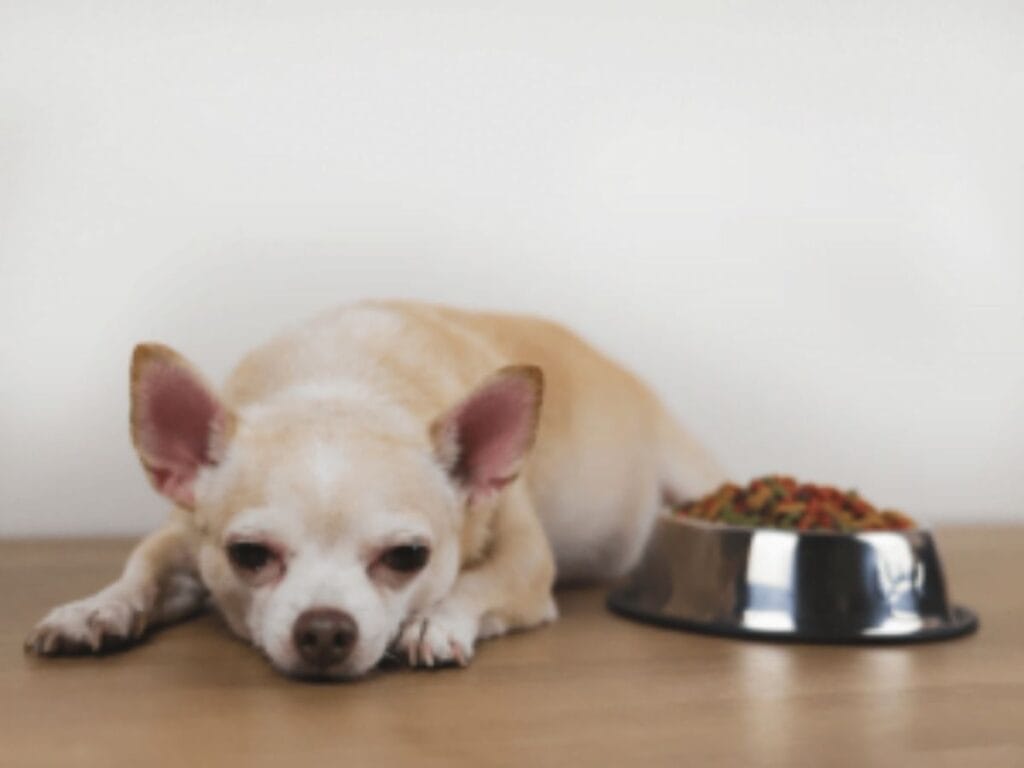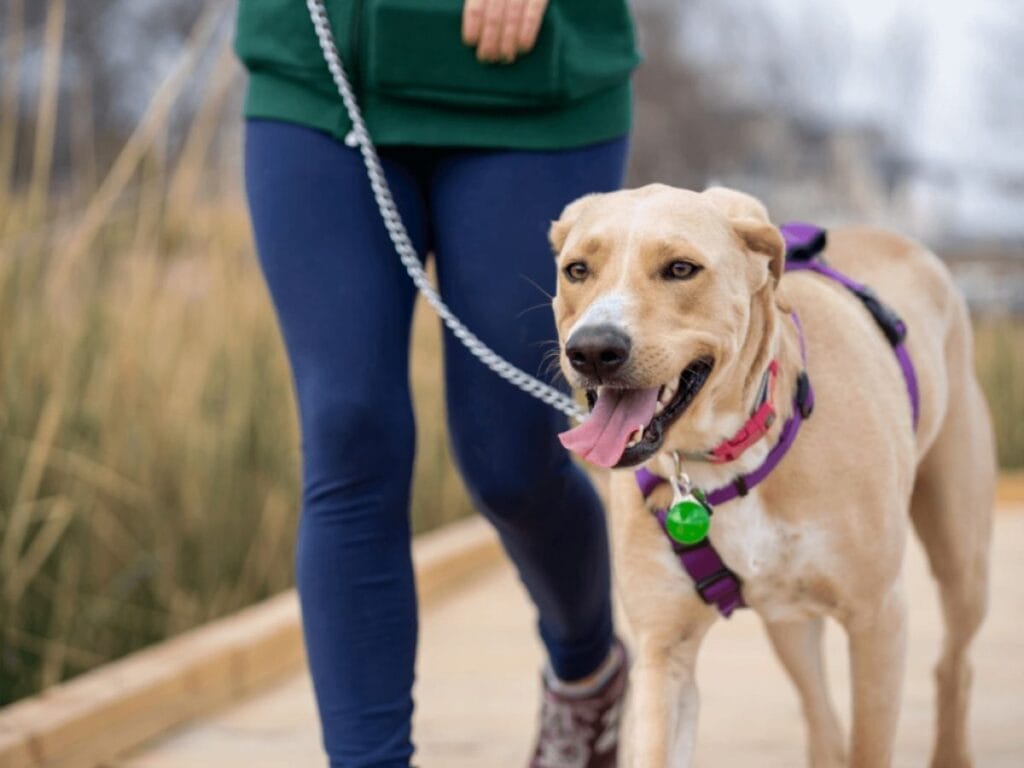As a devoted dog owner, nothing is more alarming than noticing your furry friend is experiencing health issues. One of the most distressing signs is dog pooping blood. This symptom can indicate underlying health problems, some requiring immediate veterinary attention. In this article, we’ll explore the potential causes, signs to watch for, and what you should do if you observe blood in dog poop.
Understanding the Issue

When you notice a dog pooping blood, it can be a shocking experience. Your dog’s stool can show blood in different forms: bright red, which indicates fresh blood, or darker, which suggests it has been digested. Understanding the difference can help you determine the severity of the situation.
Common Causes of Blood in Dog Poop
- Gastrointestinal Infections
One of the most common reasons for why is my dog pooping blood is gastrointestinal infections caused by bacteria, viruses, or parasites. Conditions such as parvovirus, salmonella, or hookworms can lead to inflammation in the intestines, resulting in bloody stools. If your dog shows lethargy, vomiting, or diarrhoea alongside blood in their stool, seek veterinary care immediately.
Also Read: Heart Diseases in Senior Dogs
- Dietary Indiscretion
Dogs are notorious for eating things they shouldn’t, from trash to foreign objects. This behavior can lead to gastrointestinal upset, including inflammation or injury to the intestines. If your dog has been particularly adventurous with their diet, this could be a reason for why there is blood in my dog’s poop. Monitor their behavior, and consult your veterinarian if the problem persists.
- Inflammatory Bowel Disease (IBD)
IBD is a chronic condition that can affect a dog’s intestines, leading to inflammation and resulting in symptoms like diarrhoea, vomiting, and dog poop blood. It is crucial to manage their diet and work closely with them to control the condition if they are diagnosed with IBD.
- Tumors or Polyps
Tumours or polyps in the gastrointestinal tract can also cause blood in dog poop. These growths can be benign or malignant and may lead to bleeding. Older pets must be evaluated for potential tumours if they notice blood in their stool.
- Trauma or Injury
Trauma, such as being hit by a car or during rough play, can cause your dog to sustain internal injuries that lead to gastrointestinal bleeding. If your poor soul experiences any of this trauma, take them to the vet immediately. If you suspect an injury, take your dog to the vet immediately.
Signs to Watch For Your Dog Pooping Blood

When your dog is pooping blood, it’s essential to observe other symptoms that may accompany this issue. Here are five signs and warnings to keep in mind:
- Lethargy
It could indicate a more serious issue if your dog seems unusually tired or uninterested in their usual activities. Lethargy combined with dog poop blood is a warning sign that requires immediate veterinary attention.
- Vomiting
Frequent vomiting, especially if accompanied by blood, can indicate a severe gastrointestinal issue. If your dog is vomiting and you notice blood in their stool, don’t wait—contact your veterinarian.
- Loss of Appetite
If your dog suddenly refuses to eat or drink, this can be a sign of distress. A loss of appetite, especially when combined with blood in dog poop, should prompt a visit to the vet.
- Diarrhea
Diarrhea, mainly when mixed with blood, can be a sign of infection or inflammation in the intestines. If your dog is experiencing diarrhea along with dog pooping blood, it’s crucial to seek veterinary care.
- Abdominal Pain
If your dog shows signs of discomfort when its abdomen is touched, such as pacing or whining, this may indicate a serious condition. Abdominal pain, especially with bloody stools, is a critical warning sign.
What to Do If You Notice Blood in Your Dog’s Stool?
If you find yourself asking, “Why is my dog pooping blood?” here are steps you should take:
Stay Calm
While it’s natural to panic, staying calm will help you assess the situation more clearly.
Observe Your Dog

Take note of any other symptoms your dog may be showing. Track when you first noticed the blood and any changes in behavior or appetite.
Contact Your Veterinarian
If your dog is pooping blood, it’s essential to contact your veterinarian as soon as possible. They may ask you questions about your dog’s diet, behaviour, and health history to help determine the cause.
Follow Veterinary Guidance
Your vet may recommend diagnostic tests such as blood work, faecal exams, or imaging to identify the underlying issue. Follow their recommendations closely to ensure your dog receives the appropriate treatment.
Monitor Recovery
After receiving treatment, monitor your dog’s recovery closely. If symptoms persist or worsen, return to the vet for further evaluation.
Dog Pooping Blood: Should Never Ignore Them
Seeing your dog pooping blood can be alarming, but understanding the potential causes and signs can help you take the right steps. Remember, while simple dietary changes may resolve some issues, urgent medical attention may be required for others. Always consult your veterinarian if you notice blood in your dog’s stool or any other concerning symptoms. Your prompt action can significantly impact your dog’s health and well-being.
Also Read: Facts About Canine Parvo Virus




